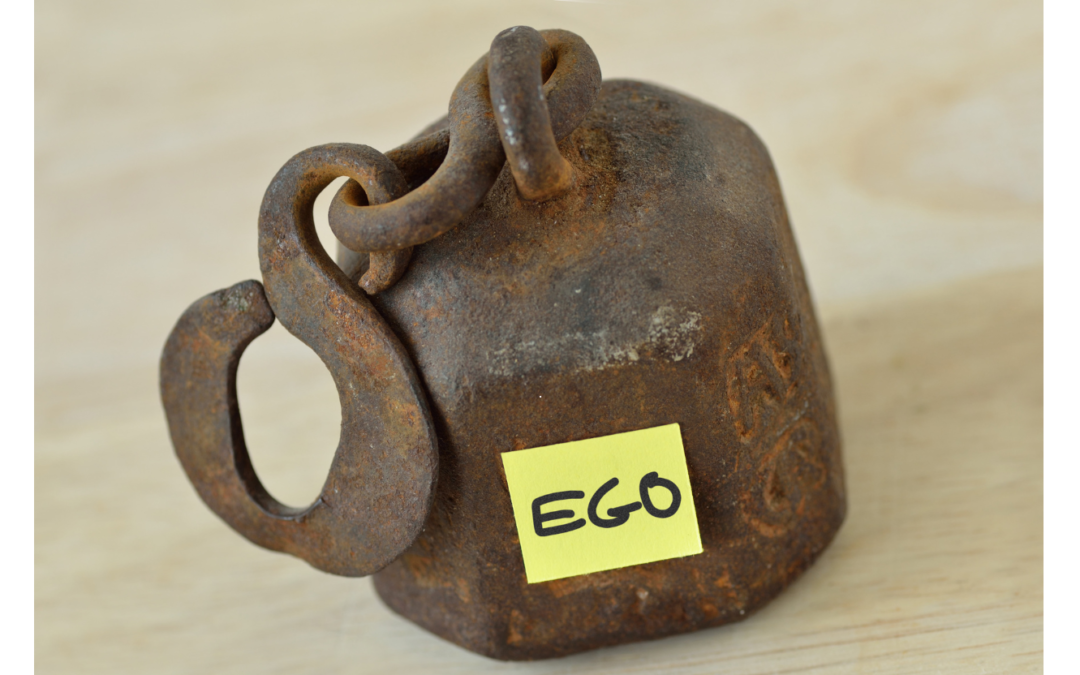
10 Ego-Driven Habits That Harm Relationships
10 Ego-Driven Habits That Harm Relationships
And How to Break These Habits
Ten Ego-Driven Habits That Harm Relationships
( and How to Break Them)Recognize Ego Driven Habits & Tips to Change These Harmful Patterns

10 Ego-Driven Habits That Harm Relationships (and How to Break Them)
Ego can quietly creep into our relationships, even with the people we cherish most. While a healthy sense of self-worth is important, letting ego take charge can lead to unnecessary conflict, hurt feelings, and misunderstandings.
If you’re finding yourself in repeated arguments, feeling disconnected, or struggling to communicate with your partner, it might be time to consider how ego is playing a role. Here, we’ll break down ten common ego-driven habits that can affect relationships and share simple ways to shift toward healthier and more meaningful connections.
1. Always Needing to Be Right
Do you feel the need to win every debate, no matter how small? Ego thrives on validation, but trying to win arguments often pushes your partner away.
What to do instead: Ask yourself, “Is being right more important than feeling connected?” Focus on active listening and genuinely considering your partner’s perspective. Sometimes, letting go of the need to win can build more harmony in your relationship.
2. Avoiding Apologies
Saying “I’m sorry” can feel like admitting defeat, but the truth is, recognizing when you’re wrong shows emotional strength and maturity.
What to do instead: Shift from protecting your pride to focusing on empathy. A sincere apology can rebuild trust and heal wounds in ways words alone cannot.
3. Blaming Instead of Reflecting
It’s easy to point fingers when things go wrong, but blaming your partner creates defensiveness and tension.
What to do instead: Try looking inward. Instead of saying, “You always mess everything up,” reframe it as, “How can we work through this together?” Collaborative language fosters teamwork instead of division.
4. Lack of Empathy
Ego loves to center on itself, often at the expense of understanding how others feel. When this happens, it can make your partner feel unseen and unsupported.
What to do instead: Imagine being in your partner’s shoes. You don’t have to agree with them, but acknowledging their feelings can strengthen your emotional bond. A simple, “I understand why you feel this way,” can go a long way.
5. Turning Everything Into a Competition
Do you compete with your partner over achievements or small arguments? Constant competition can erode the foundation of trust and collaboration in your relationship.
What to do instead: Remember, you’re on the same team. Celebrate each other’s wins and work toward mutual encouragement instead of rivalry.
6. Dismissing Their Feelings
If you’ve said things like, “You’re overreacting” or “It’s not a big deal,” you’ve likely dismissed your partner’s emotions. Over time, this can make them feel invalidated and reluctant to open up.
What to do instead: Even if you don’t see things the same way, their feelings are valid. Try saying, “I can see why this would upset you.” By affirming their emotions, you create a safe space for honest communication.
7. Seeking External Validation
If you rely on social media likes or external praise to boost your self-esteem, your partner may feel neglected or undervalued.
What to do instead: Redirect your energy inward and toward your relationship. Focus on meeting your partner’s emotional needs and cultivate a deeper, more meaningful connection.
8. Controlling Behavior
Trying to control your partner’s actions or decisions might seem like a way to avoid chaos, but it often leaves them feeling trapped or powerless.
What to do instead: Practice trust. Recognize that love grows in freedom, not control. Release the need to micromanage and allow both of you to retain individual independence within the relationship.
9. Holding Grudges
Clinging to past mistakes and bringing them up repeatedly leads to resentment and creates emotional barriers.
What to do instead: Choose forgiveness. Understand that no one, including yourself, is perfect. Work on letting go of past hurts so you can focus on moving forward together.
10. Refusing to Compromise
Relationships require balance, but when ego blocks compromise, unresolved frustrations build up over time.
What to do instead: View compromise as teamwork, not a defeat. Look for mutual solutions where both parties feel heard and valued. Small sacrifices can lead to big wins for your relationship.
Building a Relationship Without Ego
We all have moments where our ego gets the best of us, but simply noticing how it affects your relationships is already a step toward change. By addressing these ten habits, you can nurture a healthier, more connected dynamic built on trust, empathy, and mutual understanding.
Every relationship takes effort and reflection to grow. If you’re ready to deepen your connection even further, consider reaching out to a relationship coach or counselor. Investing in your growth today can pave the way for a stronger, more loving partnership tomorrow.Don’t settle for “just okay” when it comes to your relationships. Reach out to our coaching team today and unlock the tools you need to thrive.
📞 Contact us now to get started!













